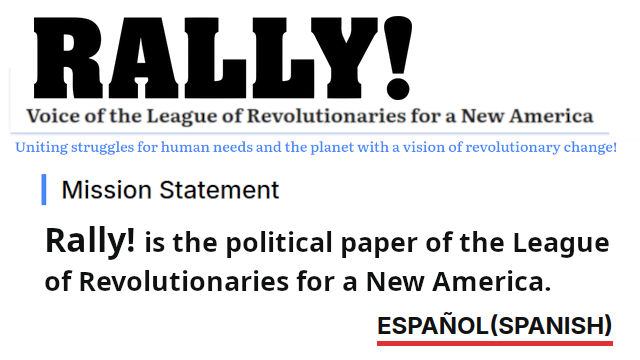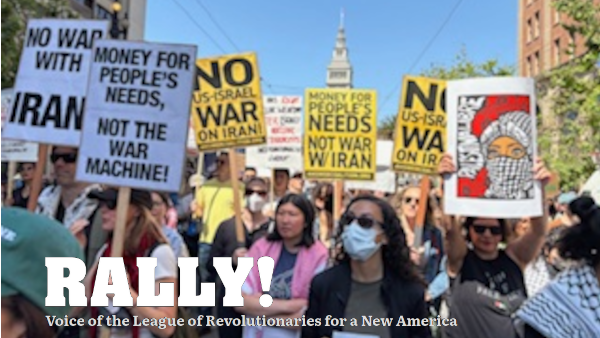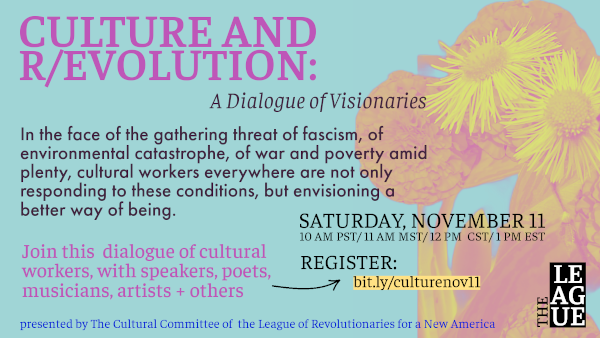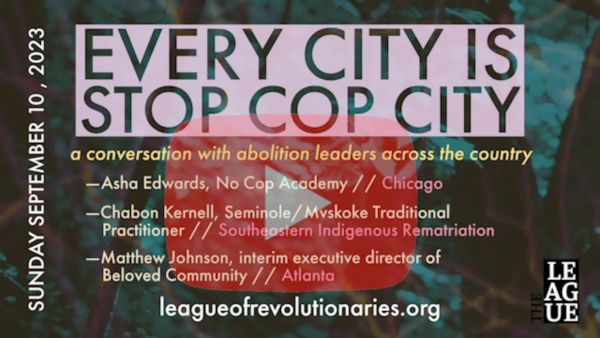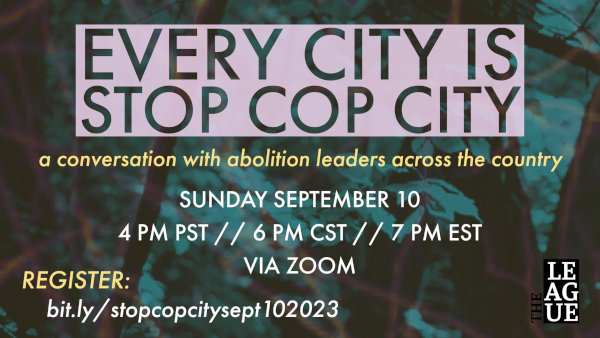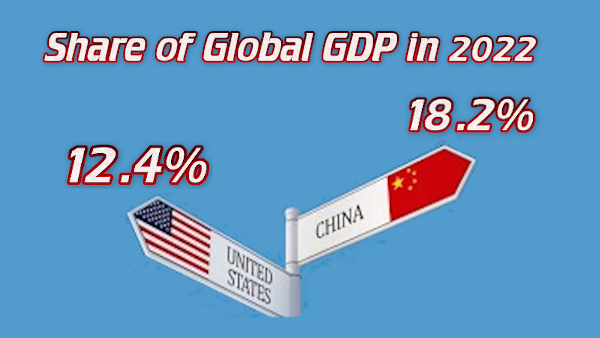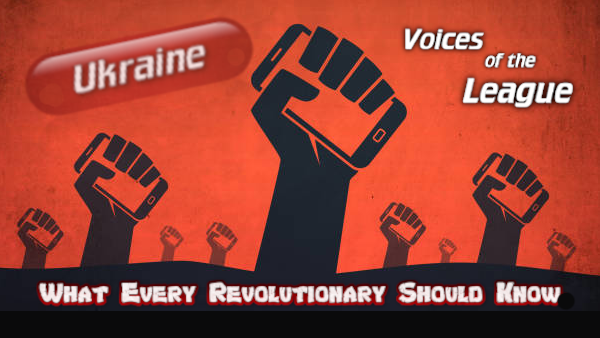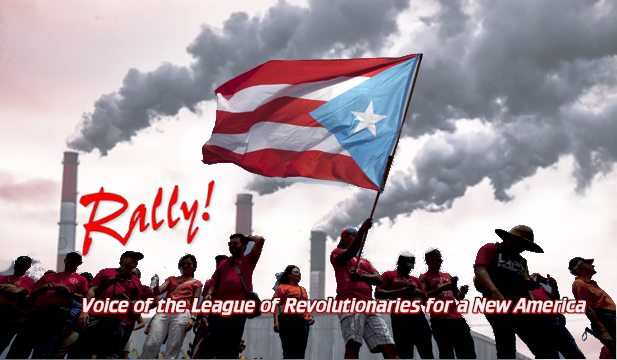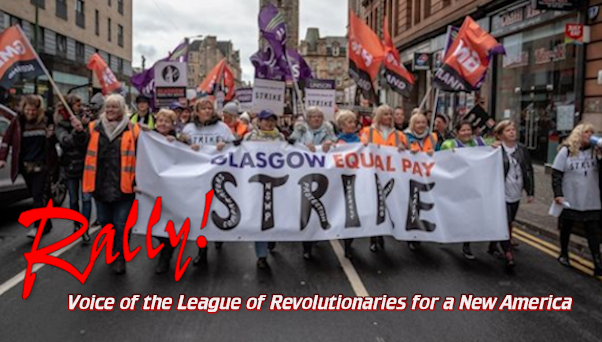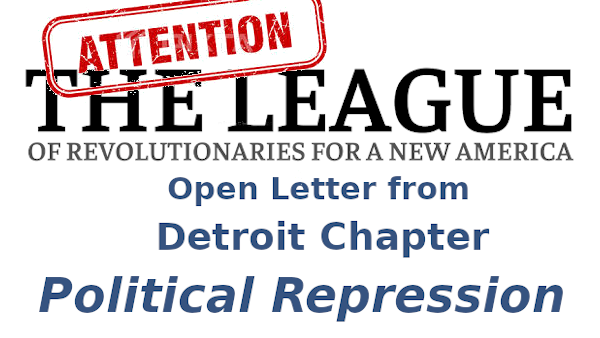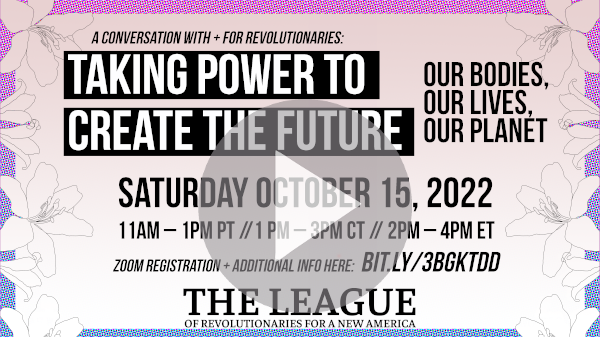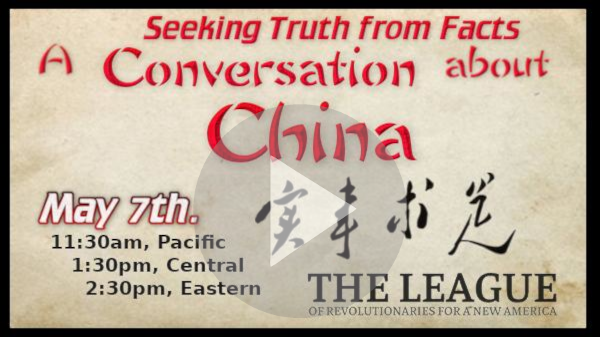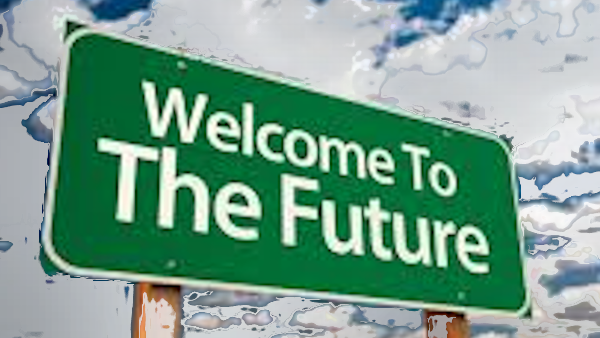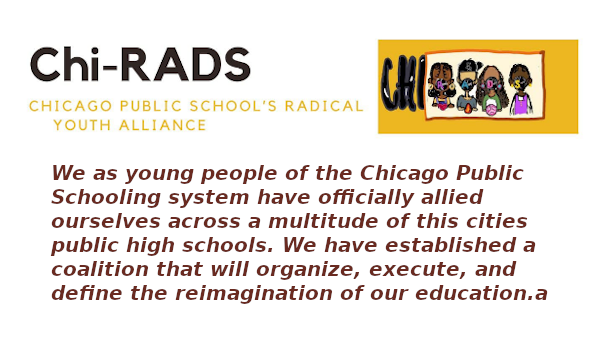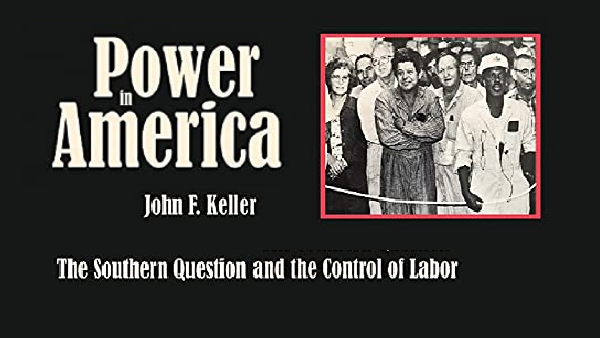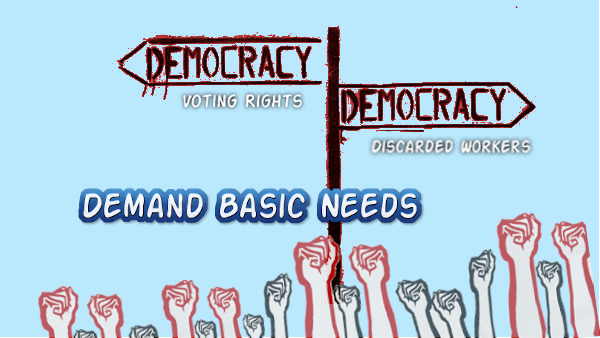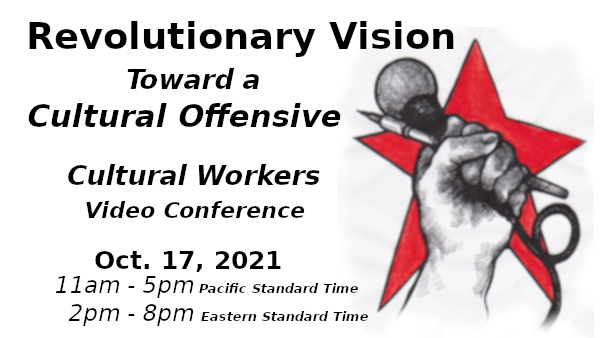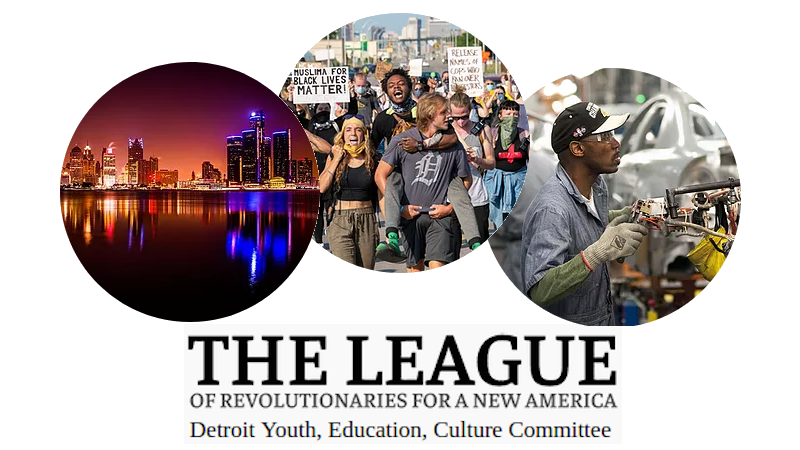Globalization and its Discontents
Globalization and its Discontents
“All the world’s a stage.” These words of William Shakespeare have two meanings: first is the understanding that world history is the stage upon which human society plays itself out, and second, that human society proceeds by moving from one stage to another in the course of its development.
In the previous century, the imperialist stage of the direct colony was dismantled, and neo-colonial imperialism expanded into every corner of the globe. The means of production had developed from steam-powered labor-enhancing tools to mechanical to electro-mechanical, all of which assisted labor, but at each stage of development required less and less human labor-power. Just as capitalist development had reached its apex and was entering a period of its general decline, the leap was made from electro-mechanical production to electronics, and with it, the leap to a whole new world-historical epoch.
What is qualitatively distinctive about electronics is that it does not just enhance human labor, it replaces it. Electronic, digital, robotic, automated tools of production mark the end of wage-labor capital. Globalization is capitalism in the era of electronics, a qualitatively new world-historical stage, a stage of polarization, instability, the destruction of capitalism, and an era of social revolution, wherein human society is impelled to reconstruct society on a new basis, compatible with the new tools of production. This is our time.
Globalization: Capitalism in the Era of Electronics
What are the dimensions of globalization that characterize it?
-
The exponential advance of electronics: From the use of robotics in industry, we are now seeing automated warehouses, driverless transport (autos, trucking, drones), the embedding of artificial intelligence in almost every aspect of human life and society, and spurred on by the global pandemic, robots are replacing workers in fast-food restaurants. Over the past thirty years, over 88 percent of the jobs lost occurred in occupations that are highly automatable, and it is estimated that 42 percent of the jobs lost just during the pandemic crisis are permanent.
-
The rise and domination of speculative capital: With wage-labor capital, the value of commodities produced is determined by the amount of human-labor time employed in its production. The use of laborless, electronic production means a decline of value, a decline in profits. Necessarily, the capitalists have to search for ways to make money without investing in the making of things. Enter speculation. Basically, speculation is moving money around to make money, a kind of casino capitalism, where bets are placed on more and more debt financing. Hedge fund and private equity firms amass billions, the stock market soars to record highs, while the real economy falls deeper and deeper into crisis. Speculators make billions in the midst of the pandemic. The countries of the G-20 have injected $11 trillion in rate cuts and massive injections of liquidity and asset purchases, even as the U.S. Treasury and the Federal Reserve have done the same, with Federal debt ballooning to $25 trillion. World debt has soared to $59 trillion as the global economy contracted by 5.2 percent in 2020.
-
A new class of workers is created: When electronics replaces the worker, that means that they are no longer needed. They lose everything. They are cast aside. They either lose their jobs permanently, or they are relegated to part-time, low-wage contingent employment. The polarization of wealth and poverty grows. As corporations amass untold billions, a growing new class finds its own condition more and more dire. This is a process that has accelerated during the pandemic. The World Bank estimates that as many as sixty million more people globally will be pushed into extreme poverty. As we witness longer and longer food lines in this country, the World Food Program projects that as many as 265 million are being pushed to the brink of starvation. The crisis of 2008 – the Great Recession – was largely a financial meltdown. Today the global economy is gripped by a crisis hitting those on the bottom – the global new class – the hardest.
-
The merger of the corporations and the State: In the course of the development of globalization, national corporations have become multinational, multinational corporations have become transnational, and transnational corporations have become supranational. These corporations have blended into and become part of national States. The merger of the State and the corporations is the objective condition for fascism, and a global ruling class integrated across all national boundaries is the condition for the building of a fascist world order. This global ruling class, ruling across borders and embedded in every State apparatus, is preparing to make the leap to a world order based on maintaining private property without capitalism.
A New World Order
For the past seventy years, a unipolar, hegemonic world order dominated by the U. S. has prevailed. Now that world order is being challenged, as globalization enters into a new phase – the rise of regional powers – Russia, China, India, Brazil, to contend with the U.S. as the sole superpower. Economically, the U.S. is in decline, particularly with respect to the rise of China. Consequently, the U.S. is united in recognizing China as the number one economic threat to the U.S., as well as geopolitically. The overall geopolitical strategy of the U. S. is to pivot to the East – to China.
The contention for a new world order that recognizes that we are now living in a multi-polar world has given rise to a particular expression of that struggle, that is, the rise of a populist nationalism that has found a home in U.S. politics, but is a growing ideology and movement across the globe. Specifically “anti-globalist,” it is grounded in a common anti-immigrant outlook.
Particularly devastated by the global economic crisis, as well as the conflicts that have broken out all over the world as a response, the global new class is on the move. Global immigration is an expression of the spontaneous response to obtain the basic needs for survival. A populist nationalist ideology, fomented by the ruling class, then targets the immigrant as the cause of the massive job loss and growing poverty and moves to close borders and stem the tide of immigration in the name of national sovereignty. We know well the course of that “America First” development in our own country, but the same process is threatening to tear apart the European Union, and even countries like Brazil are charting a common course.
Decoupling
Globalization is an objective process, a world-historical stage, from which there is no going back. Internal contradictions and the struggles of a ruling class bent on finding its way through the crisis on the basis of anti-globalist or populist-nationalist projections cannot ultimately be successful. This does not mean that the effort will not continue to be made. It is part of the fight being made over how to operate in a new, multi-polar world, over how to prevail. In the final analysis, for a global ruling class, their only solution is to move toward the establishment of a fascist world order. For a rising global new class of workers, the only solution is to move toward the reorganization of world society in the interest of their class and for all of humanity.
In response to a changing world, the U.S. has moved in the recent period to disengage from old global arrangements that evolved out of the prevailing world order. The U.S. pulled out of the TransPacific Partnership, the Paris Climate Accord, the World Health Organization, the Iran Peace Accord, threatened to exit NATO, and initiated a tariff war, aimed specifically at China, but including countries, even allies, across the world.
The tariffs were designed to punish countries like China, but they were also aimed at U.S. corporations, transnational corporations based in and doing business in countries all over the globe. The tariff wars were the opening guns in an anti-globalist campaign to force U.S. corporations to “come home,” to “restore,” to make things in America again, made by American workers for the American market. The new Biden administration is continuing that approach with its Buy America program.
In the time of the pandemic and a world economic crisis, this process has continued in the name of “decoupling.” U.S. corporations are pressured to sever global supply chains, particularly with China, and make things in America for the American market with its own supply chains. A recent survey of some 3000 global companies has shown that eighty percent of them are reconsidering some of their supply chains. Some of that includes shifting from China to even lower labor costs in Southeast Asia and India, but many corporations, especially in North America, intend to restore to their own countries. But there is a catch: most or nearly all of them plan to make this transition using advanced technology and automation. That hardly adds up to a new industrial revolution in America.
For the workers of America, the workers in other countries are not our enemy. Our international responsibility is to reach across all borders in solidarity with the struggles of our class across the globe. The global new class of workers is rising in response to its dire conditions, fighting for food, shelter, health care, the distribution of the necessaries of life according to need. We unite with our class brothers and sisters across the planet in our common cause.
The global ruling class may be united in their overall goals and strategy, but the struggles taking place today are real life and death struggles within the ruling class itself, where armed conflict and war are inevitable. Our class cannot be the cannon fodder for the interests of a ruling class opposed to our own. For our new class, peace and global class unity is a basic need. RC
March/April 2021 Vol31. Ed2
This article originated in Rally, Comrades
P.O. Box 477113 Chicago, IL 60647 rally@lrna.org
Free to reproduce unless otherwise marked.
Please include this message with any reproduction.
Mission Statement
Rally, Comrades! is the political paper of the League of Revolutionaries for a New America. If you are one of the thousands of revolutionaries around the country looking for a perspective on the problems we face today, and for a political strategy to achieve the goal of a world free from exploitation and poverty, then Rally, Comrades! is for you.
Rally, Comrades! examines and analyzes the real problems of the revolutionary movement, and draws political conclusions for the tasks of revolutionaries at each stage of the revolutionary process. We reach out to revolutionaries wherever they may be to engage in debate and discussion, and to provide a forum for these discussions. Rally, Comrades! provides a strategic outlook for revolutionaries by indicating and illuminating the line of march of the revolutionary process.

